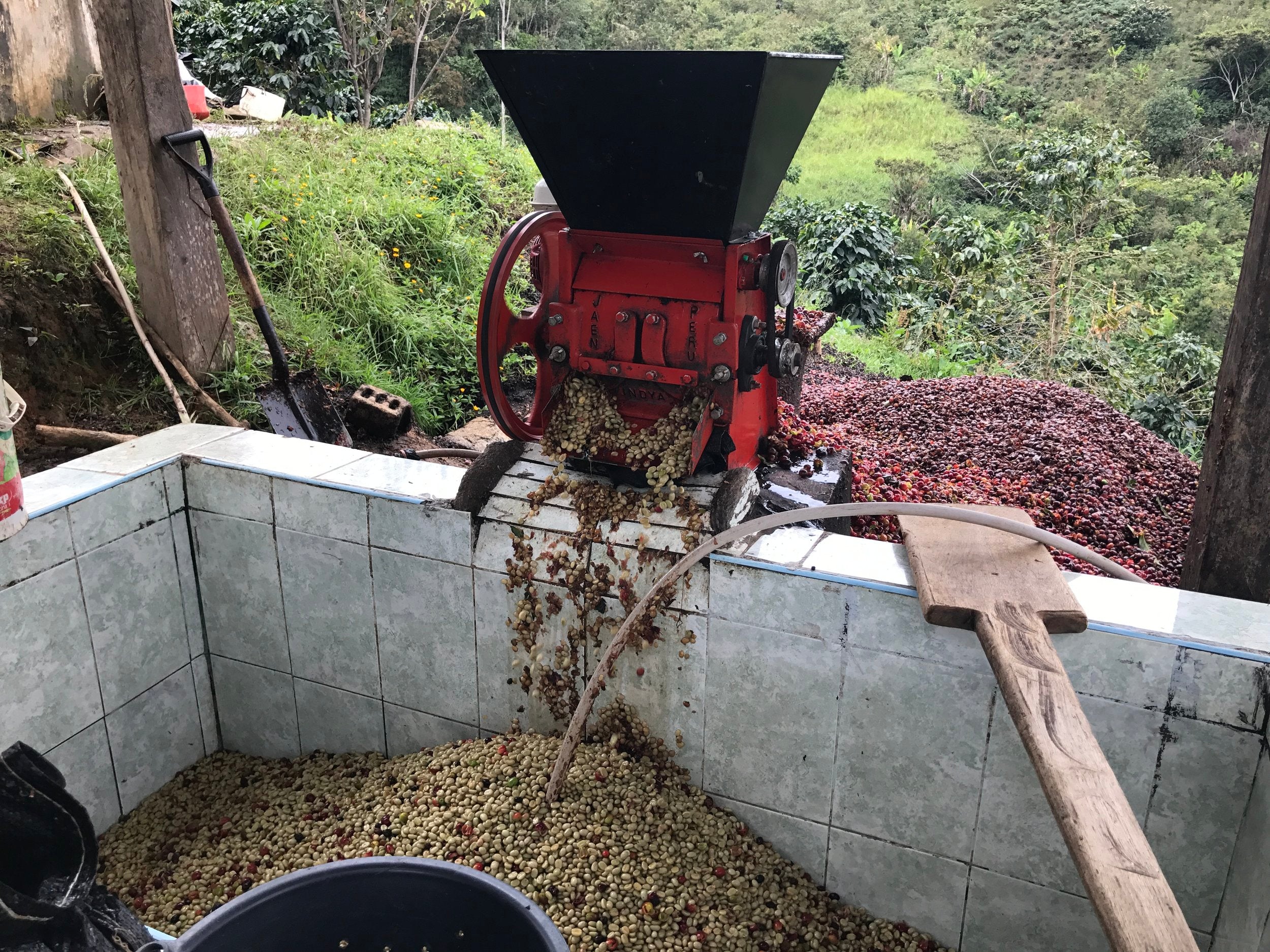
What is Honey Processed Coffee?
On the back of all of our coffee bags we include an important little detail about the coffee called processing. What is processing? And what does honey processed mean?
Let’s rewind a bit. Coffee is grown on small trees, shrubs really, and the bean is actually the seed of a cherry. Coffee is a fruit. Before the cherry grows on the shrub, a coffee blossom appears, a pretty white flower.
Once the Arabica coffee cherries are ripe, they are picked, usually by hand. It is important to note here that these Arabica cherries come in many different varietals, another detail we note on our bags.
After cherry is collected, the seed has to be processed and dried. There are four main ways to go about processing coffee: fully washed, natural, honey, and wet-hulled.
Fully washed involves depulping the coffee soon after it’s picked, usually within a day. A slimy mulicage remains stuck to the seed so the coffee is soaked in water to allow fermentation to loosen that layer up. The coffee is then washed with water to wash away the remaining pulp and mucilage. What remains is the seed and a protective layer, the parchment. The coffee is dried for about 2 weeks in the parchment.
Natural coffee’s are simply picked and dried in the cherry. Care has to be taken to rotate the coffee regularly and keep the pile from being too deep. The risk is having the coffee ferment too much and create boozy and vinegar like flavors. In Ethiopia this is common, and it can create fruit bomb coffee’s full of blueberry and strawberry notes.
Honey coffee’s are a hybrid of washed and natural. The skin of the cherry is removed, and the coffee is dried in the sticky mucilage, this is where the name honey comes from. This process can add nice body and sweetness to the coffee.
Wet-hulled coffee’s are stripped of everything and then dried: skin, pulp, mucilage and the protective parchment layer. Doing this rushes the drying process, allowing farmers to get paid faster for their product. In Sumatra, this is common practice.
We currently have a delicious honey processed Colombia from Aponte Village and a really complex fully washed Colombia from producer Marisol Urbano. Give them a try and taste for yourself the difference that processing creates!

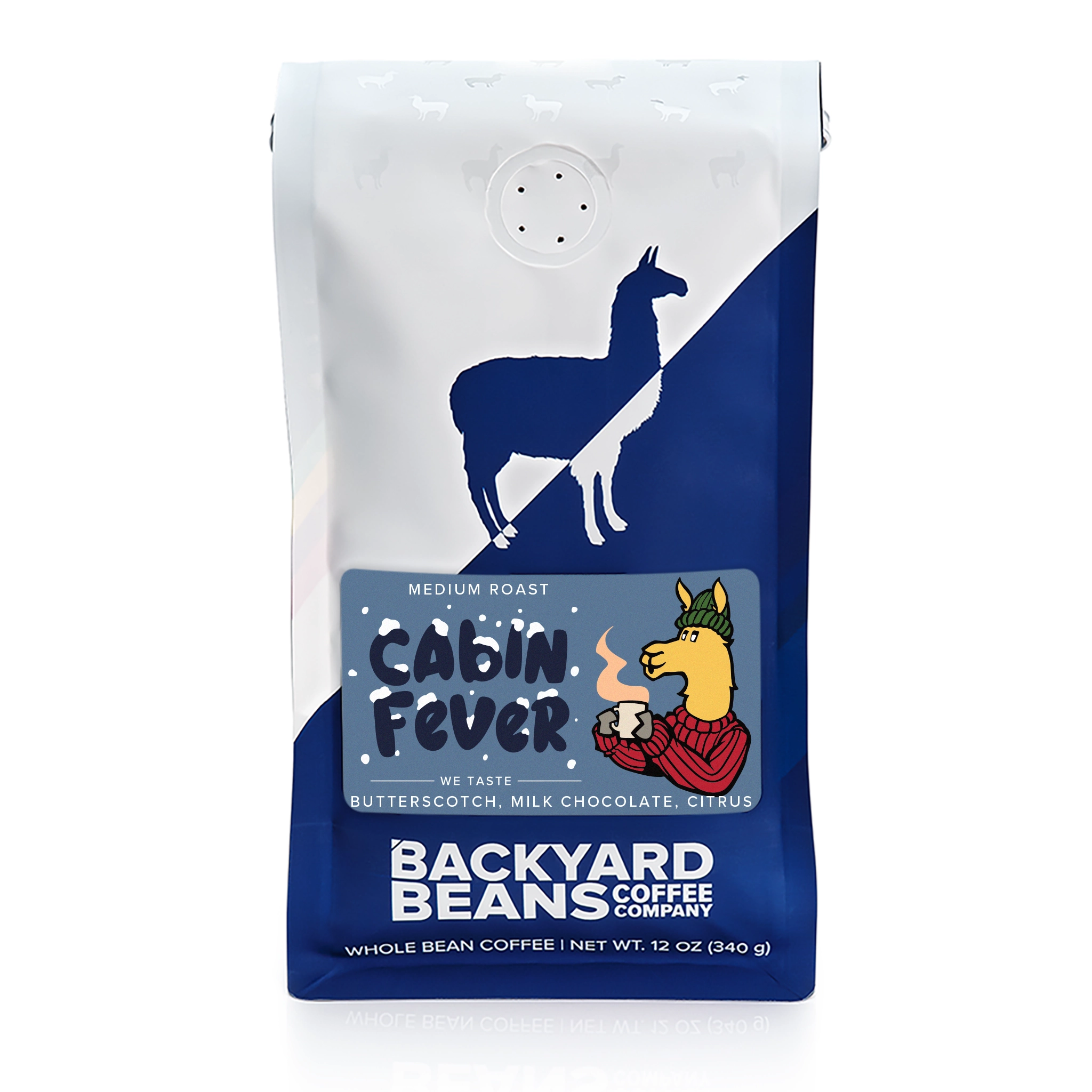
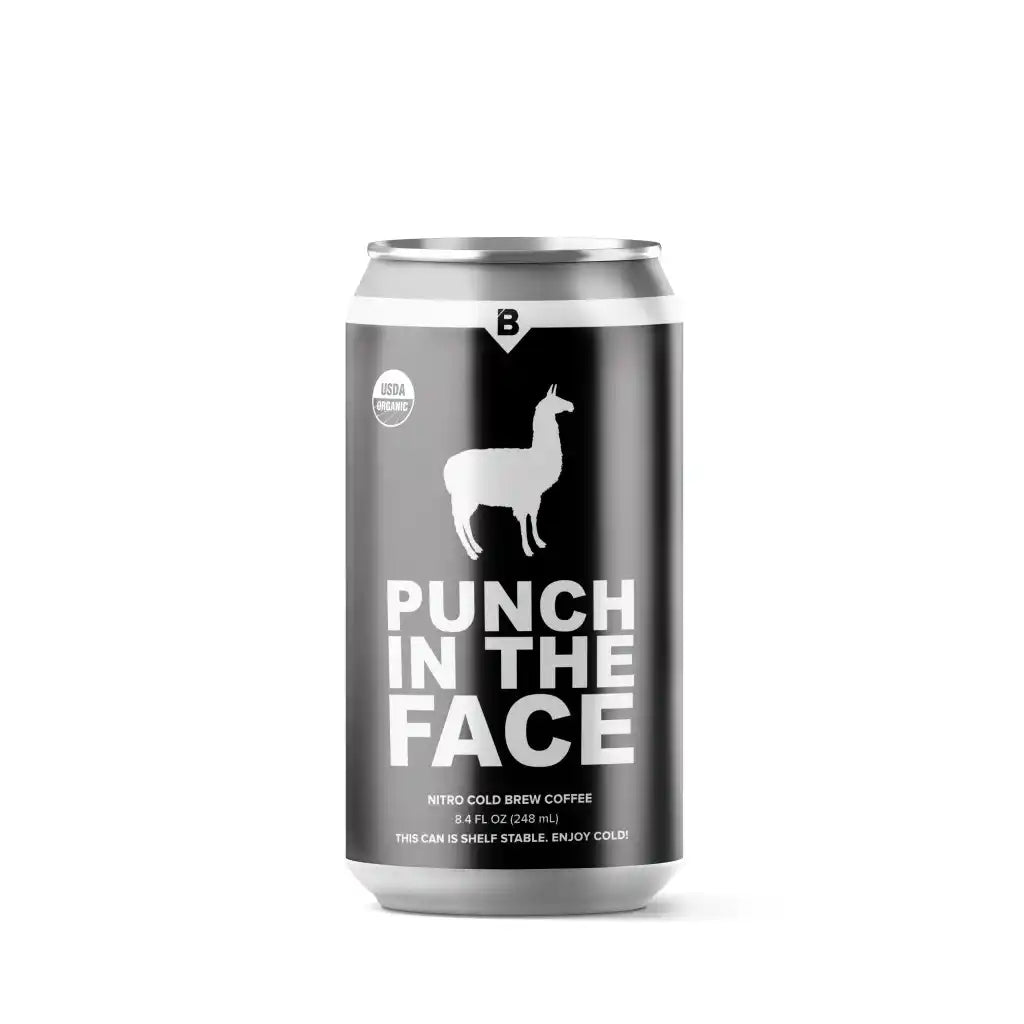
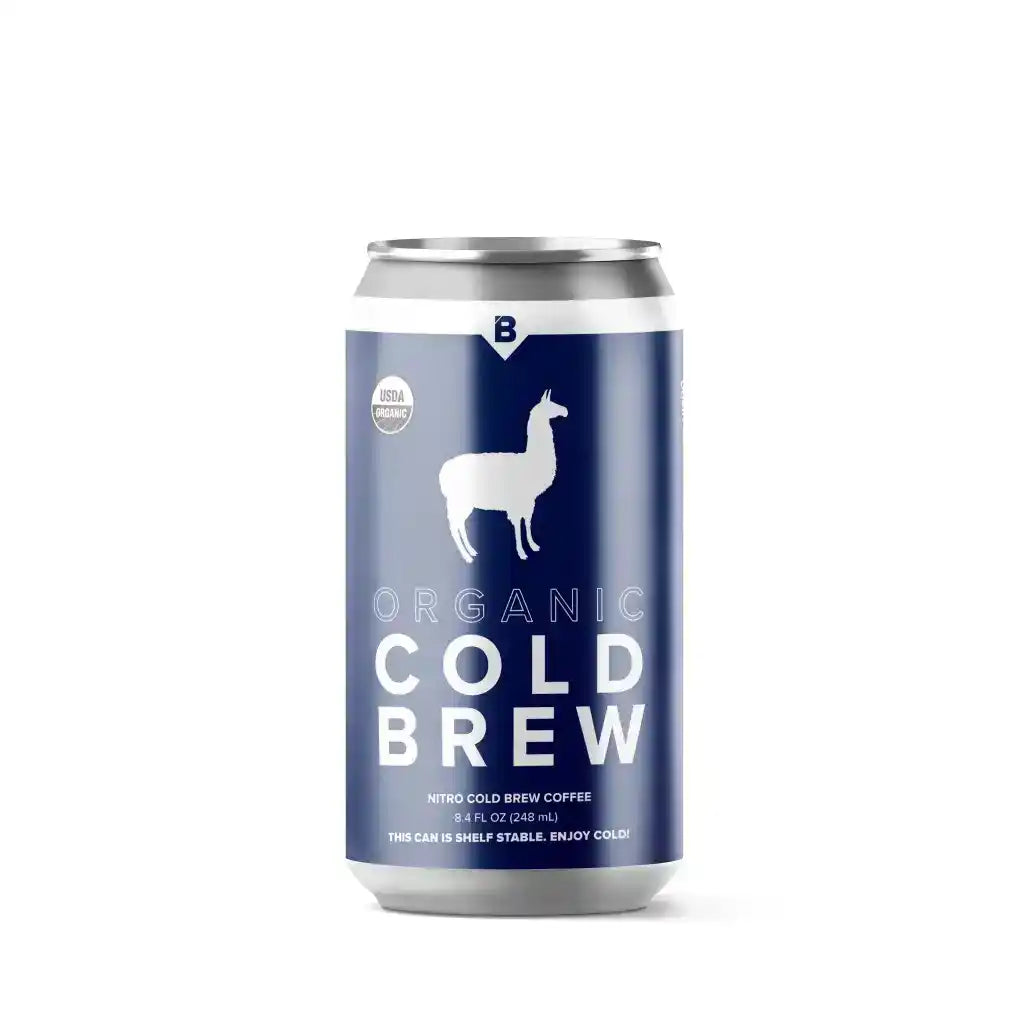
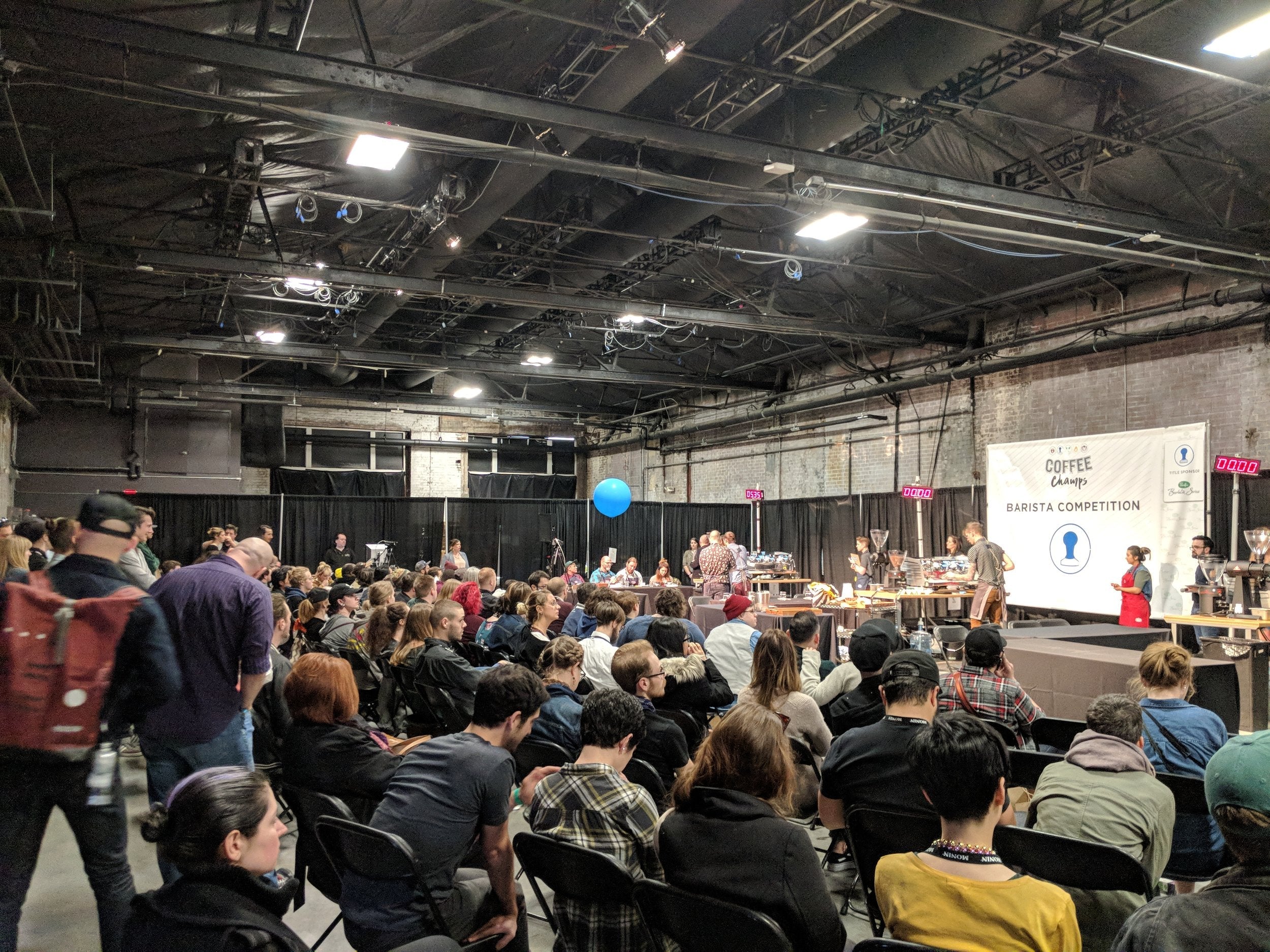
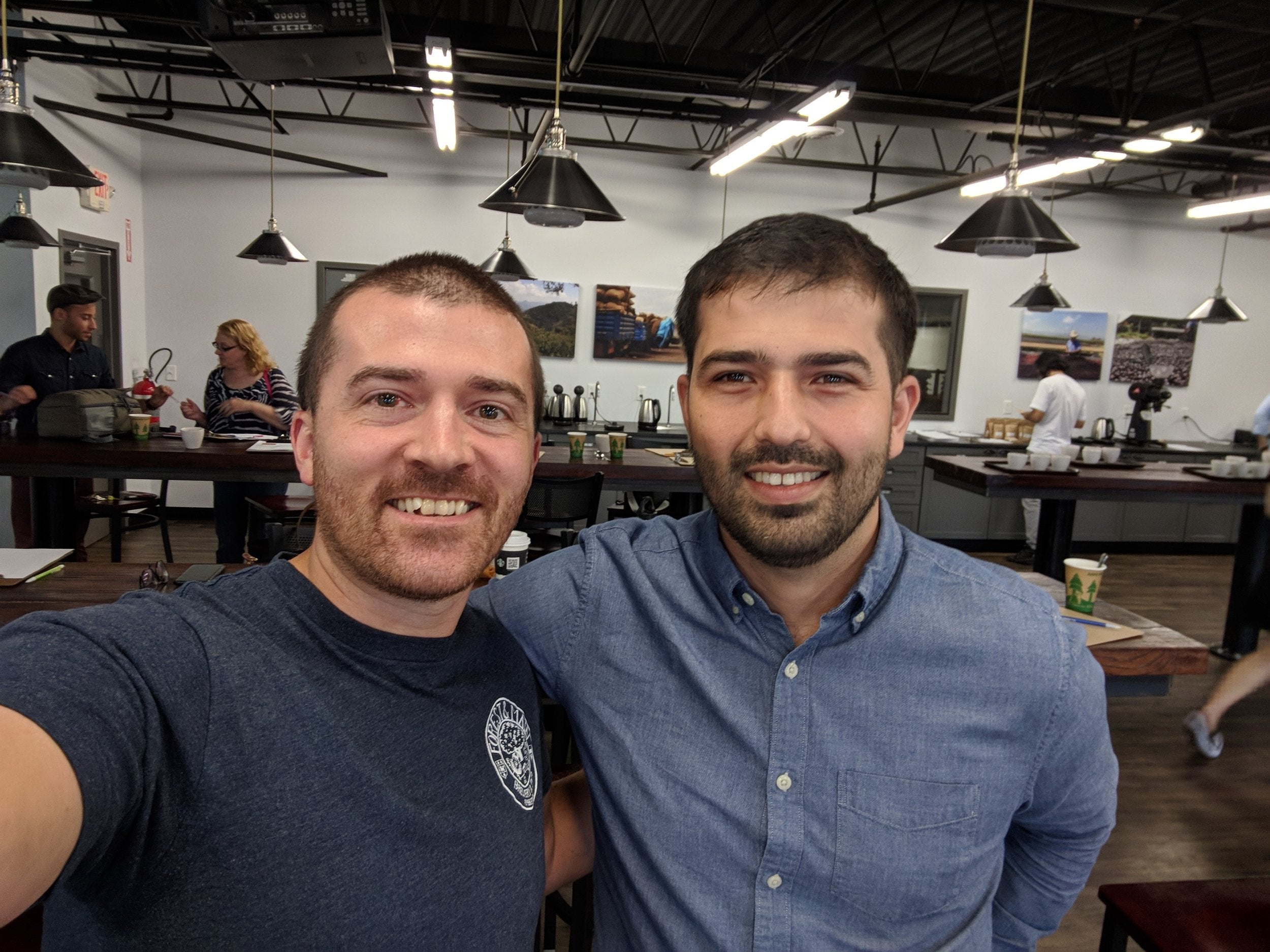
Leave a comment
This site is protected by hCaptcha and the hCaptcha Privacy Policy and Terms of Service apply.